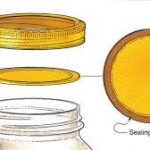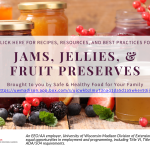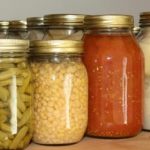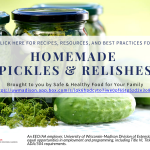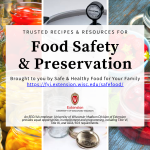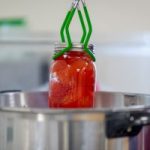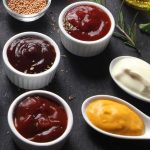Food Safety & COVID-19: Do We Need to Worry About Food Packaging?
Stories in the news have prompted consumers to ask questions about the survival of the coronavirus on food packaging surfaces. Laboratory studies have shown that the virus that causes COVID-19 can survive on surfaces for up to several days and China recently banned food imports from several counties after finding viral RNA on food packaging. Is this cause for concern? […]
Read More...
